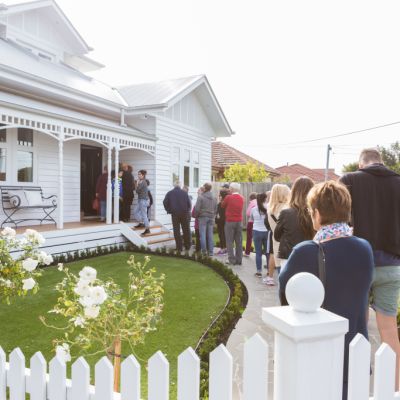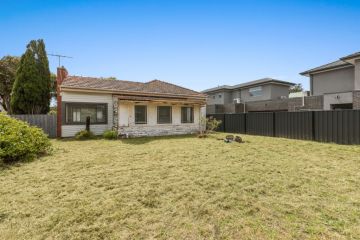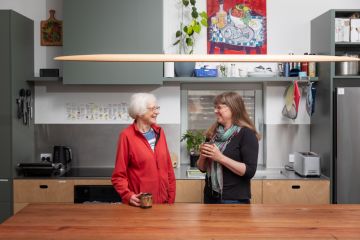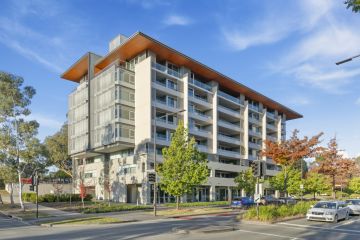Have Australians romanticised the dream of being an owner-occupier?
When you think of the Australian dream, do you think of buying (and living in) your own home?
For many, this has long been considered the path to success, but there’s a strong chance that social conditioning plays a role in this.
“Auctions are a Saturday sport. You’re seeing the conversation around the property market and its price movements multiple times a day,” says Nicola Powell, Domain’s chief of research and economics.
“The upsides to renting are often overshadowed by this really strong narrative about owning your own home.”
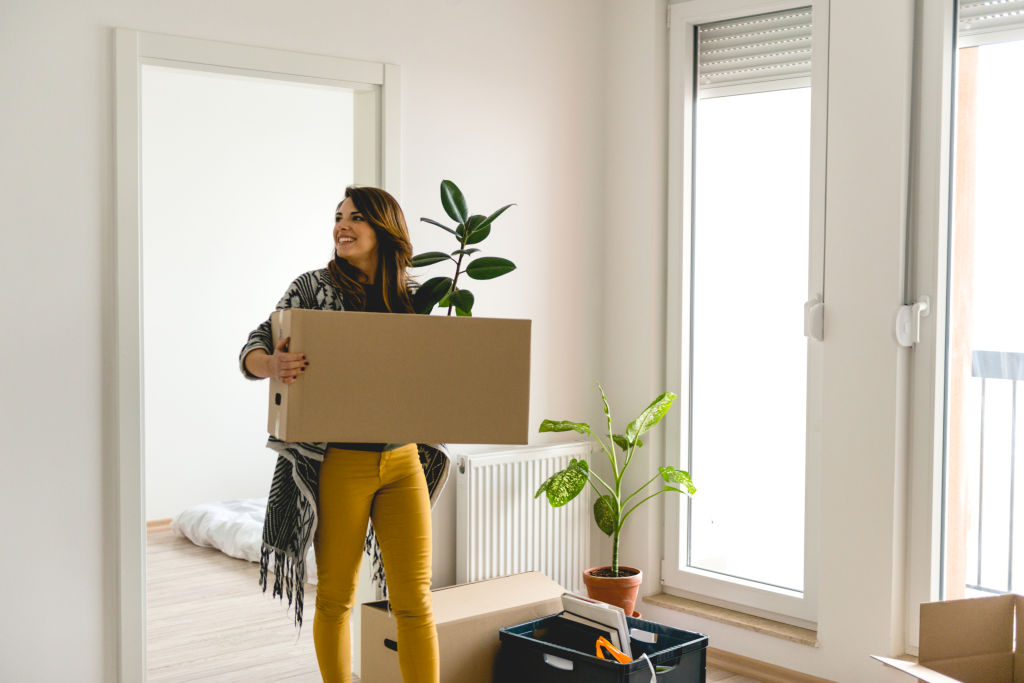
Sarah Elkordi, founder and director of The Rent Fairy, assesses rental applications – but not as a property manager.
As a tenants’ advocate, she helps her clients improve their applications to secure quality long-term tenancies.
“I get quality people who come through and their income is through the roof, and they will just not buy property … they put their money elsewhere,” she says.
“If I have that relationship with [clients], I’ll say ‘Look, why aren’t you buying anything?’”
In many cases, the answer is the same: they’d rather put their money to work elsewhere in the long term.
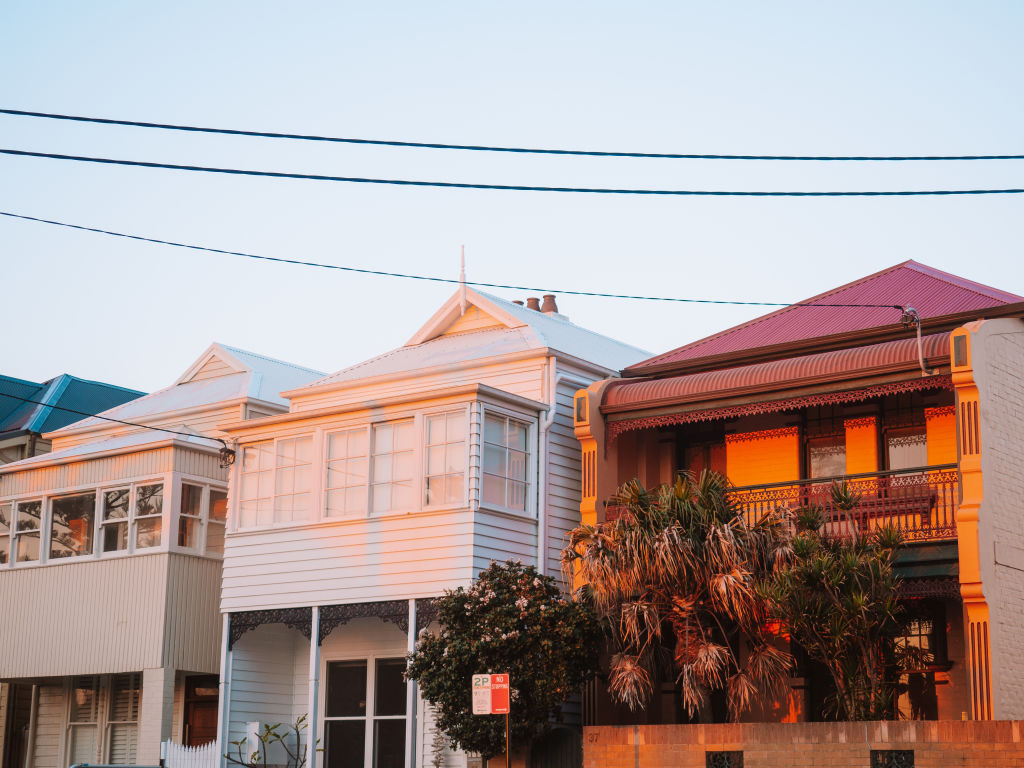
Benefit #1: Lower ongoing costs
Elkordi references one client – a self-employed professional – renting a luxury three-bedroom apartment in Sydney’s Rose Bay.
“This client, in particular, said she would rather put her money into something that’s not going to cost her money … for her, it’s more about investing her money into other things that can make her money, rather than potentially running at a financial risk.
“When she’s renting, she has no maintenance or repair responsibilities. If the oven goes out or something happens in the property that’s obviously not her fault, she’s not up for the cost,” Elkordi says.
“It’s the landlords that create a relationship with their tenants and provide them with that safety, security and stability of being able to stay in a house that keeps them there long-term – the ones that do the repairs and look after their tenants.”
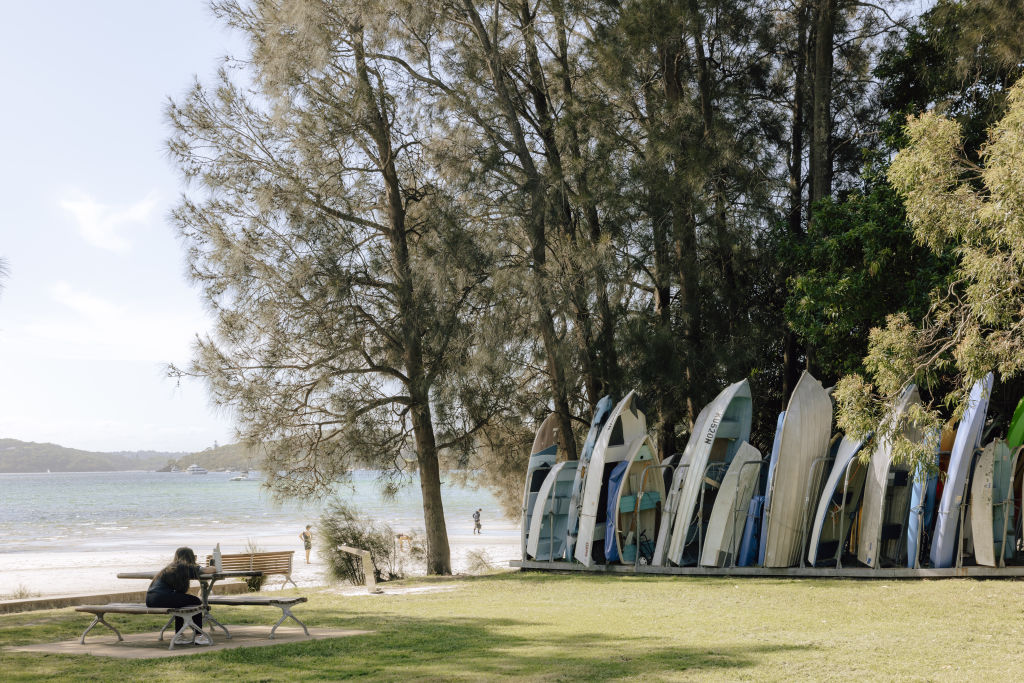
Another client of Elkordi’s – an older woman – has been renting the same property for 14 years.
“If [the landlord] needs to up the rent, they have a conversation. He will make sure that she’s going to be able to pay that rent before he puts it up.”
Renters, unlike homeowners, don’t need to pay interest, a cost that adds up over the course of a standard 30-year loan.
Using a 30-year timeframe as an example, with ABS data from March 2025, finding the average loan size to be $660,000, you’ll pay about $450,000 in interest over the life of the loan.
This estimate is conservative, using the June 2025 RBA cash rate of 3.85 per cent.
Benefit #2: Lower upfront costs
For some, the cost of selling your home is reason enough to embrace renting as a permanent option.
“It is much easier for you to move, whether it be for lifestyle or a better paid job, than if you owned your own home,” Powell says. “There are costs associated with that type of move, as well as stamp duty, legal fees and a deposit, which is tied to a single asset.”
Upfront cost is a common deterrent for would-be buyers, with many of Elkordi’s clients continuing their lease after trying out the area for six months. “The majority of it is the costs, especially the upfront deposit,” Elkordi says.
Benefit #3: Access to a lifestyle you couldn’t have as a buyer
Elkordi’s Rose Bay client was previously based in Mascot before deciding to move towards Sydney’s east for the lifestyle.
“She has access to the gym and amenities in the [building] complex. If she was to buy somewhere, she probably wouldn’t be able to achieve something that has the same amenities.”
For first-home buyers, the eligibility for grants requires the owner to live in the property within the first 12 months of buying. If you’ve bought in a suburb further away from the CBD, the lifestyle sacrifice could be a deal-breaker and ultimately pivotal in the decision to continue renting.
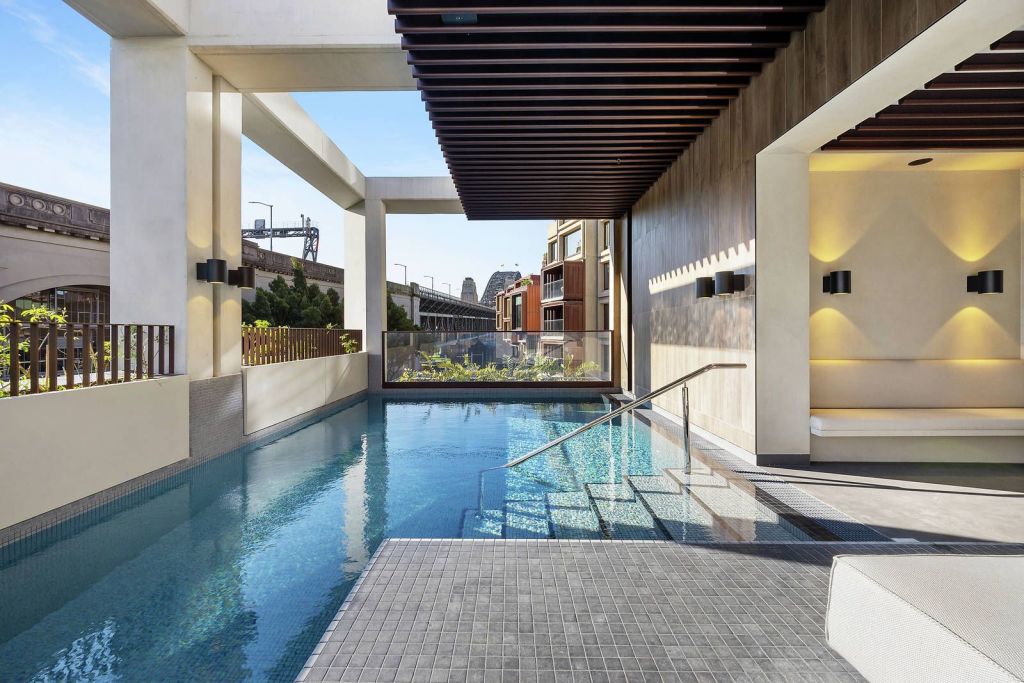
Benefit #4: Flexibility and ease of moving
Glen James, author and host of the popular podcast money money money, says flexibility is his main reason for renting – but it wasn’t always this way.
“I always wanted to buy somewhere to live in, mainly for lifestyle reasons, so that I’ve got security and certainty, and I can do what I want to the property,” he says. “But I think my attitude slightly changed.”
James entered the rental market in his early 20s when he moved out of the family home.
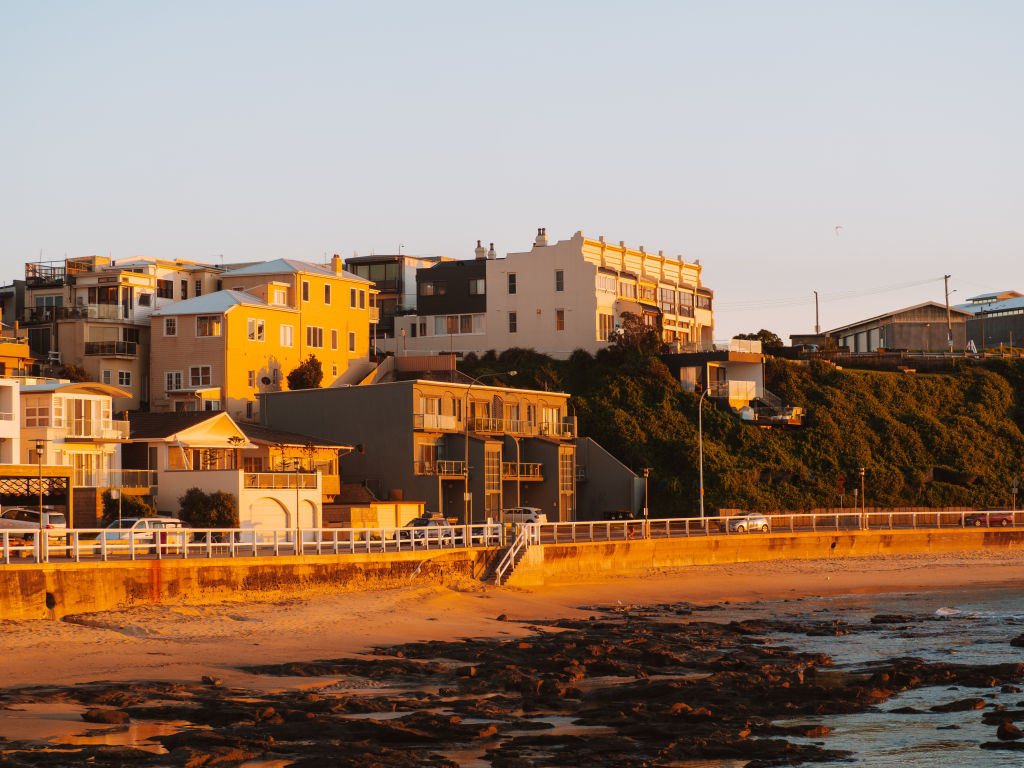
He saved for a deposit and bought a townhouse, which he lived in. In his time as an owner-occupier, James bought other investment properties.
When it came time to move cities, James decided to sell the home he owned and lived in. He first wanted to “strategically rent” to see if he liked the area.
The first rental he tried wasn’t suitable for the long term, so he moved closer to the CBD for a shorter commute, at which time he decided he preferred life as a renter.
Challenging the narrative of rent being ‘dead money’
“The phrase was thrown around in the late 1980s, early 1990s, when homes were so much more affordable to purchase,” James says of the popular adage. “If you liked where you wanted to live, you could pretty much service a mortgage with the same amount as rent.”
Even in the age of supply issues and ever-climbing rental prices, this mindset – of getting into the market and not paying your landlord’s mortgage – still holds power. James says renters can move beyond this view of rent as “dead money” by being strategic with their financial life.
“The difference between what is good enough for you to live in, versus the extra amount that is ‘I just want this because of luxury’, well, that amount there probably needs to go to work for the future … Because then you’re consuming too much of your income into rent,” he says. “Moving out of the property that I owned and then renting a property while having other investment properties, I didn’t have this feeling of ‘I need to be in the market’.”
“I think there was a real psychology shift that no, I am building wealth for future plans, and it’s okay at this stage in my life to rent where I want to live, albeit cheaper than buying a place with a mortgage where I want to live.”
Powell believes a portion of Australia’s population has no interest in owning their own home.
“There’s definitely now a generation of lifelong renters, whether that’s through being forced due to affordability, or whether that’s through choice,” she says.
We recommend
States
Capital Cities
Capital Cities - Rentals
Popular Areas
Allhomes
More
- © 2025, CoStar Group Inc.

